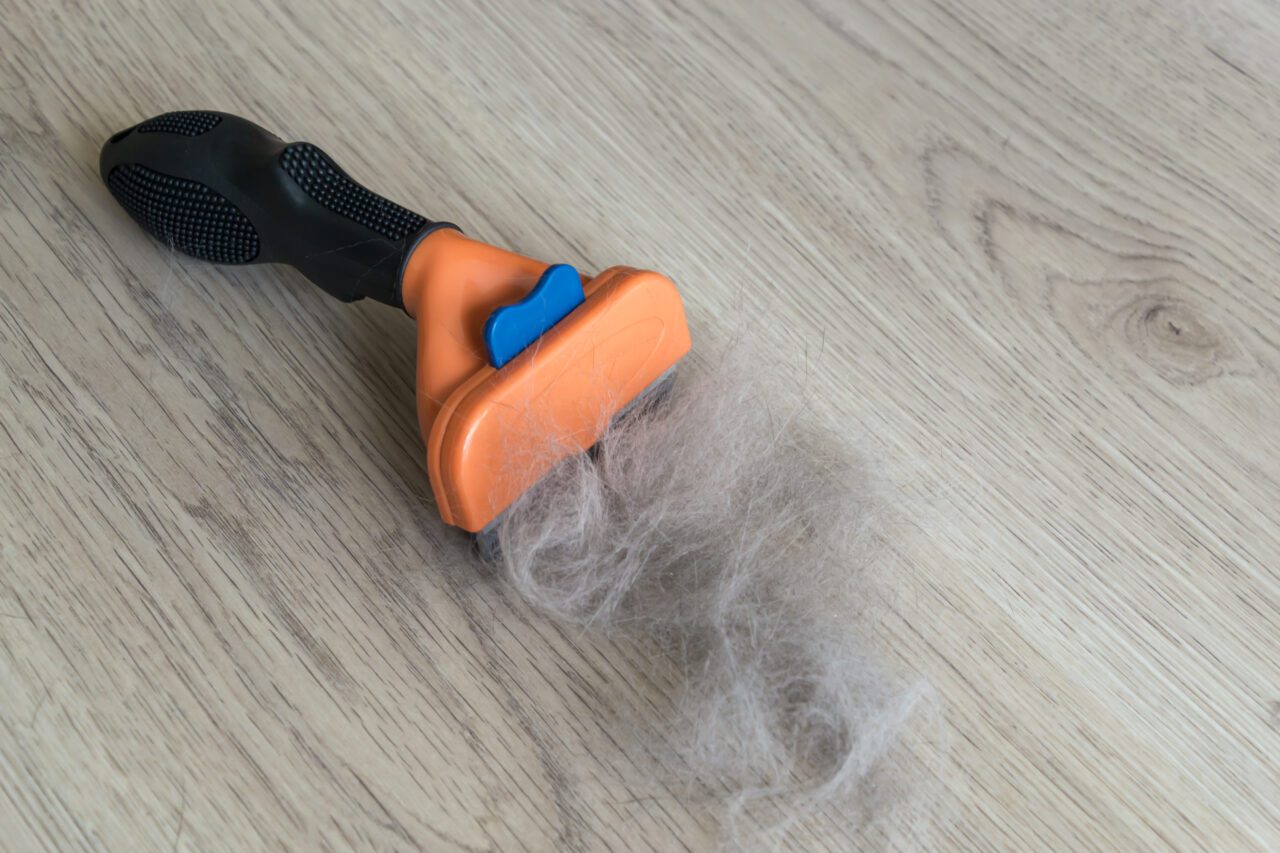Eczema is a common skin condition that affects people of all ages, including infants and babies. It is characterized by dry, itchy, and inflamed skin that can be quite uncomfortable for the little ones. While the exact cause of eczema is not fully understood, it is believed to be a combination of genetic and environmental factors. In this article, we will delve into the topic of allergens in baby eczema and discuss how to identify and avoid them to provide relief for your little one.
Understanding the role of allergens in baby eczema is crucial for effective management of the condition. Allergens are substances that can trigger an allergic reaction in the body. In the case of eczema, these allergens can worsen the symptoms and lead to flare-ups. By identifying and avoiding these triggers, you can help alleviate your baby’s discomfort and reduce the frequency and severity of eczema episodes.

Common Allergens in Baby Eczema
1. Fragrances and Perfumes
Fragrances and perfumes are commonly found in various baby care products such as lotions, shampoos, and detergents. These synthetic scents can be harsh on delicate skin and trigger eczema flare-ups. When choosing baby products, opt for fragrance-free or hypoallergenic options to minimize the risk of irritation.
2. Dyes and Colorants
Artificial dyes and colorants are often used in clothing, toys, and even baby food. These additives can contain chemicals that may irritate your baby’s skin and exacerbate eczema symptoms. Look for products labeled as dye-free or natural alternatives to reduce the exposure to potential allergens.
3. Harsh Soaps and Cleansers
Certain soaps and cleansers contain strong chemicals and surfactants that can strip the skin of its natural moisture and disrupt the skin barrier. This can make the skin more susceptible to irritants and allergens, leading to eczema flare-ups. Opt for gentle, fragrance-free cleansers specifically formulated for sensitive skin.
4. Allergenic Foods
In some cases, certain foods can act as allergens and trigger eczema symptoms in babies. Common culprits include cow’s milk, eggs, soy, wheat, fish, and nuts. If you suspect that your baby’s eczema is food-related, consult with a pediatric allergist or dermatologist to determine if an elimination diet is necessary.
5. Dust Mites
Dust mites are microscopic creatures that thrive in warm and humid environments. They are a common allergen that can trigger eczema symptoms in susceptible individuals. To minimize exposure to dust mites, regularly wash bedding in hot water, vacuum frequently, and use dust mite-proof covers on mattresses and pillows.
6. Pet Dander
If you have pets at home, their dander (tiny flecks of skin) can be a potential allergen for your baby. Even if your baby isn’t directly in contact with the pet, the dander can still be present in the environment and trigger eczema flare-ups. Consider keeping pets out of your baby’s sleeping area and regularly clean surfaces to reduce dander accumulation.

FAQs
- Can allergens in baby eczema cause severe reactions?
In some cases, exposure to certain allergens can indeed cause severe reactions in babies with eczema. It’s important to identify and avoid these triggers to minimize the risk of such reactions.
- Are all babies with eczema allergic to the same allergens?
No, each baby may have different triggers for their eczema. While there are common allergens that can worsen eczema symptoms, it’s essential to identify the specific triggers for your baby and tailor their environment accordingly.
- How can I identify allergens that affect my baby’s eczema?
Identifying allergens that affect your baby’s eczema may require some detective work. Keep a journal of your baby’s symptoms and note any potential triggers such as new products, foods, or environmental factors. Additionally, consulting with a pediatric allergist or dermatologist can help pinpoint specific allergens through allergy testing.
- Can avoiding allergens completely cure my baby’s eczema?
Avoiding allergens alone may not completely cure your baby’s eczema, but it can significantly reduce flare-ups and provide relief. Eczema is a complex condition influenced by various factors, including genetics and the skin’s barrier function. However, minimizing exposure to known triggers can play a crucial role in managing the symptoms.
- Are there any natural remedies to help soothe eczema caused by allergens?
While there is no one-size-fits-all natural remedy for eczema caused by allergens, some approaches may provide relief. For example, applying moisturizers regularly can help keep the skin hydrated and reduce itching. Natural ingredients such as aloe vera, chamomile, and colloidal oatmeal may also have soothing properties. However, it’s important to consult with a healthcare professional before trying any new remedies.
- Can introducing allergenic foods to babies prevent eczema?
There is ongoing research on the potential benefits of introducing allergenic foods early to prevent the development of eczema and food allergies. However, the guidelines in this area are still evolving, and it’s essential to consult with your pediatrician or allergist before introducing allergenic foods to your baby.
Conclusion
Understanding and identifying allergens in baby eczema is crucial for managing the condition and providing relief for your little one. By being vigilant and avoiding known triggers, such as fragrances, dyes, harsh cleansers, allergenic foods, dust mites, and pet dander, you can help reduce the frequency and severity of eczema flare-ups. Remember, every baby is unique, so it’s important to work closely with healthcare professionals to develop an individualized approach to manage your baby’s eczema effectively.




